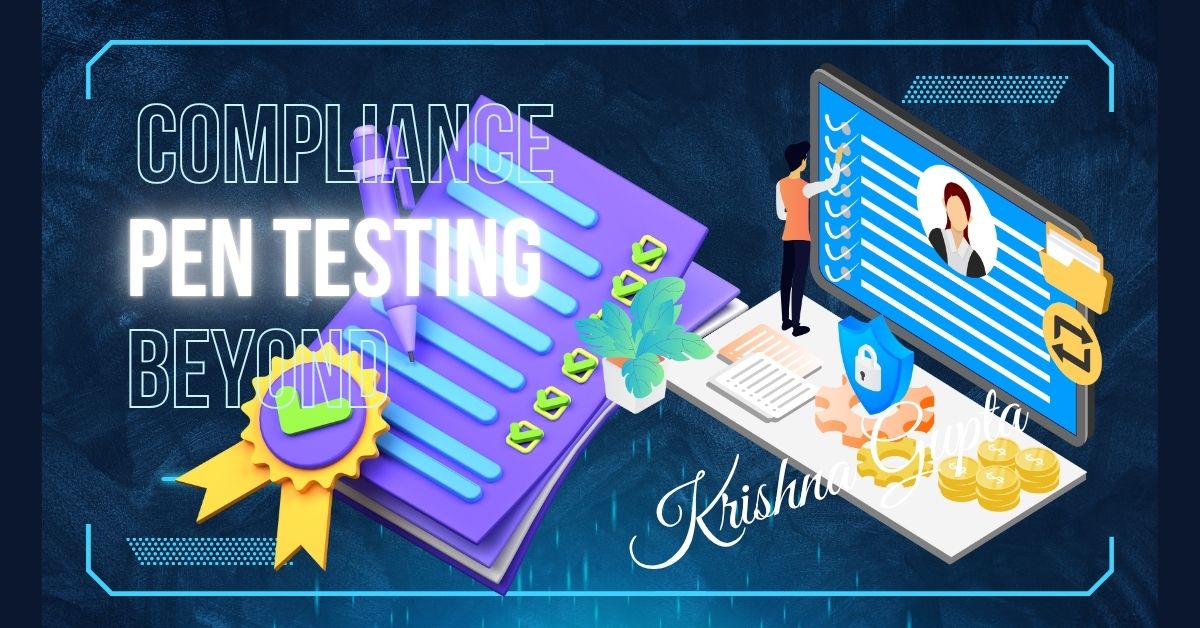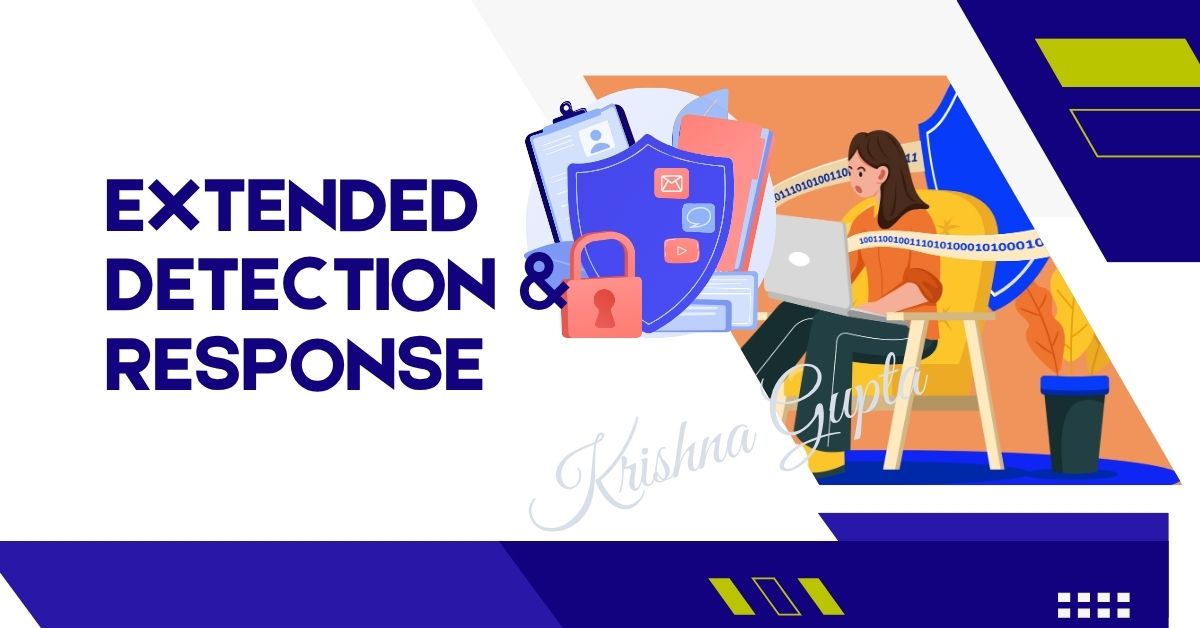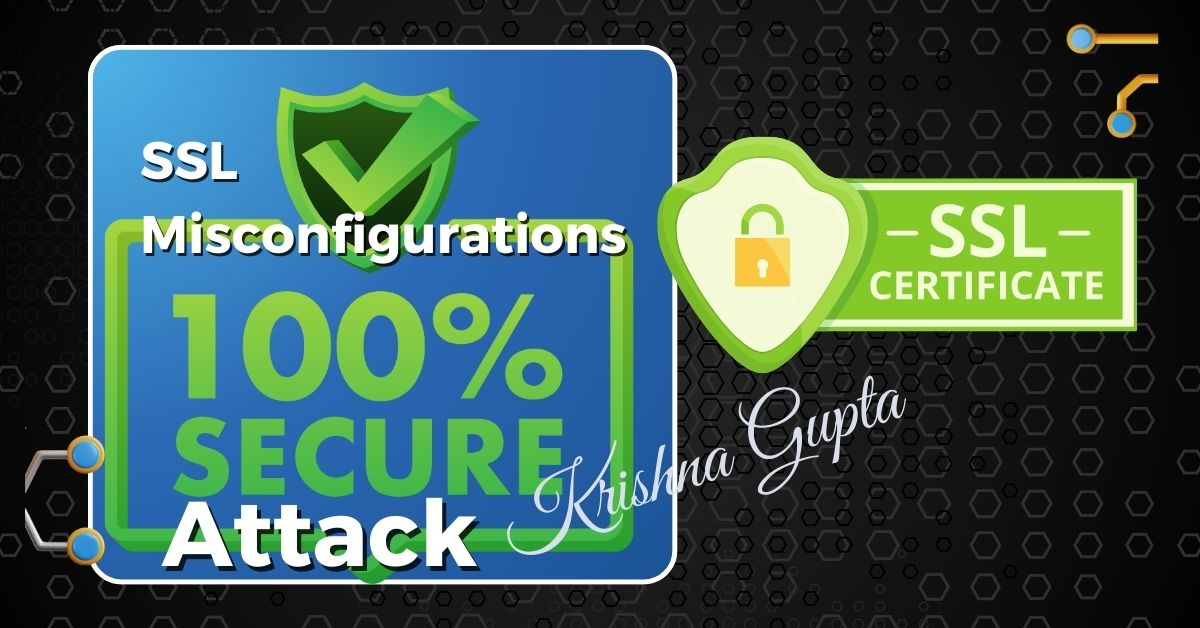Beyond Compliance: How Continuous Pentesting Uncovers Hidden Security Gaps and Strengthens Cyber Resilience
In today’s threat-laden digital landscape, the saying, “You don’t know what you don’t know,” is especially true in cybersecurity. Penetration testing (pentesting) is the antidote to this uncertainty. After analysing tens of thousands of network assessments across industries and geographies, one conclusion becomes inescapable: most security gaps are not the result of sophisticated nation-state exploits, but simple, preventable oversights. For C-Suite executives tasked with safeguarding their organisations, understanding what pentesting truly reveals is not just a compliance necessity—it’s a strategic imperative.




